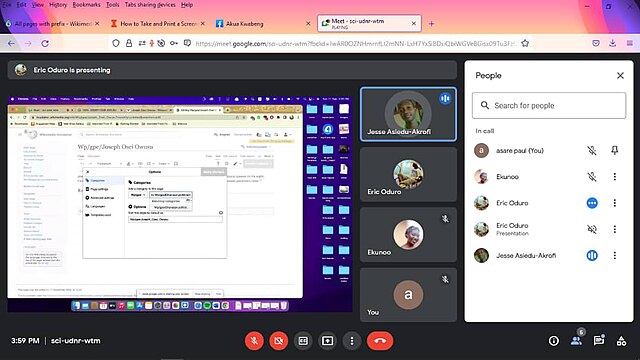In today’s fast-paced world, recognizing the importance of well-being is more vital than ever. However, encouraging someone to start therapy can be a sensitive and challenging task. According to MindNation data, 17% of employees still feel that no one can help them with their problems. As such, you are in a good position to encourage someone to seek therapy.
Whether it’s a close friend, family member, or colleague, helping them recognize the benefits of seeking professional support is a crucial step towards their mental and emotional wellness. Here are ten practical steps to encourage and support someone in taking this important step:
1. Initiate compassionate conversations. Open non-judgmental dialogues where they feel safe discussing their feelings and concerns. Be an active listener, avoiding immediate solutions or interruptions.
2. Educate yourself about mental health. Gain a solid understanding of mental health conditions and the therapy process. Knowledge enables you to communicate more effectively and address concerns.
3. Choose the right time and place for these conversations. Opt for a quiet, private setting, free from distractions, where you both can speak openly without interruptions.
4. Express genuine concern and empathy. Share your heartfelt concern for their well-being and emphasize your care for their mental health. Use empathetic language and communicate that you’ve noticed changes in their behavior or mood, avoiding blame or judgement.
5. Avoid stigmatizing terms. Recognize that some individuals might have misconceptions or reservations about therapy. Instead, refer to it as “seeking professional support” or “getting guidance.” Reducing the stigma associated with therapy can make it more approachable.
6. Share personal or success stories. Sharing personal experiences or stories of successful journeys to emotional well-being can provide reassurance. Additionally, recounting stories of individuals who benefitted from therapy can inspire hope and reduce apprehension.
7. Offer to assist in research. Take the initiative to help research psychologists or mental health professionals in your area. Share their profiles, specialties, and patient reviews. Offering practical information can ease the process of finding the right therapist.
8. Respect their autonomy. While providing encouragement and support, remember that the decision to start therapy belongs to the individual. Respect their autonomy and choices, avoiding pressure that might lead to resistance.
9. Highlight the benefits. Discuss the potential benefits of therapy, such as improved mental health, enhanced coping strategies, and an overall higher quality of life. Emphasize that psychologists are trained to provide effective guidance and support.
Helping [colleagues] recognize the benefits of seeking professional support is a crucial step towards their mental and emotional wellness.
10. Maintain support throughout the process. If they decide to pursue therapy, offer continuous support along their journey. Accompany them to sessions if they wish, encourage adherence to treatment plans, and be a supportive listener when needed.
In conclusion, helping someone begin therapy requires patience, empathy, and understanding. By initiating compassionate conversations, offering support, and providing information, you can help your loved ones recognize the importance of seeking professional help for their well-being.
MindNation psychologists and WellBeing Coaches are available 24/7 for teletherapy sessions. Book a session now thru the MindNation app, available on Google Play and the App Store.















